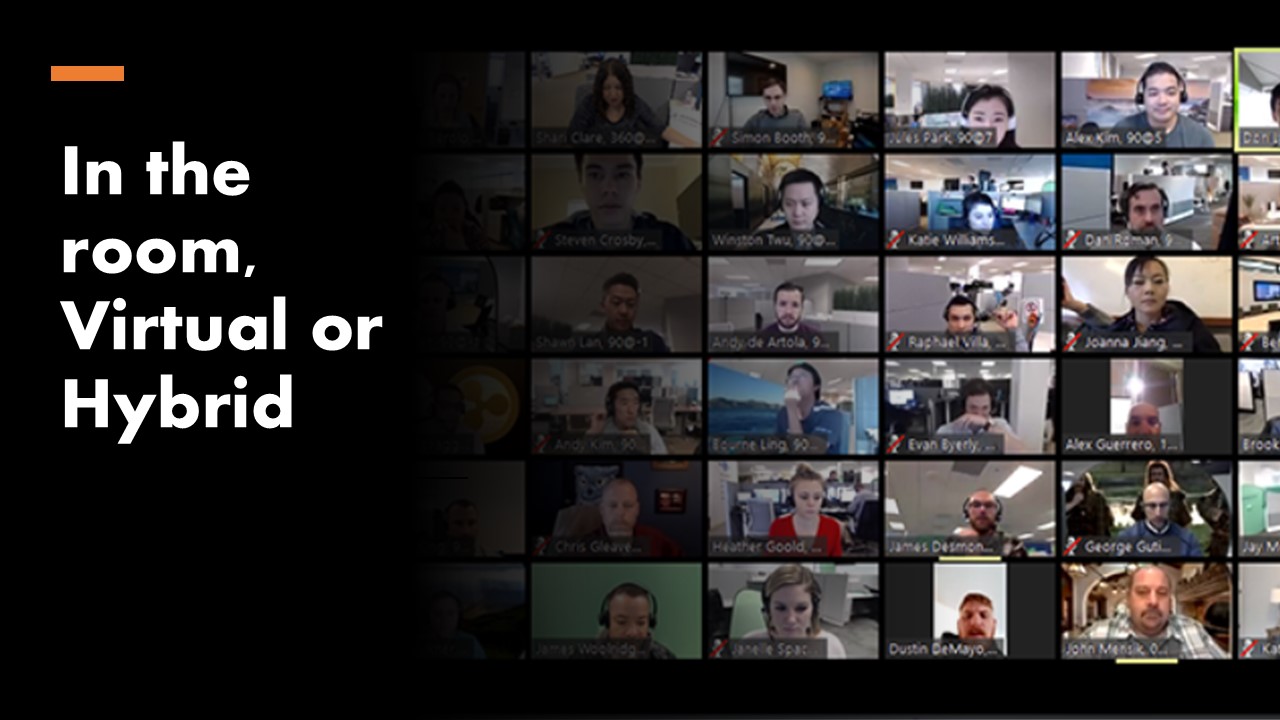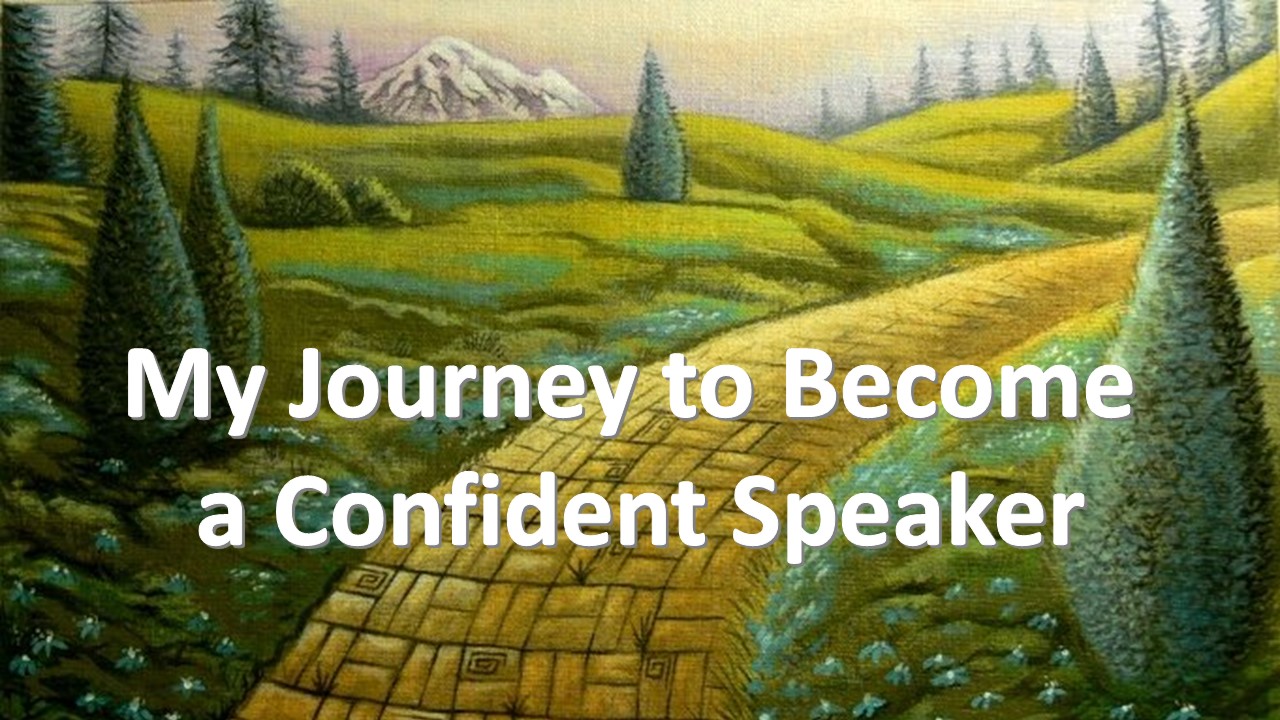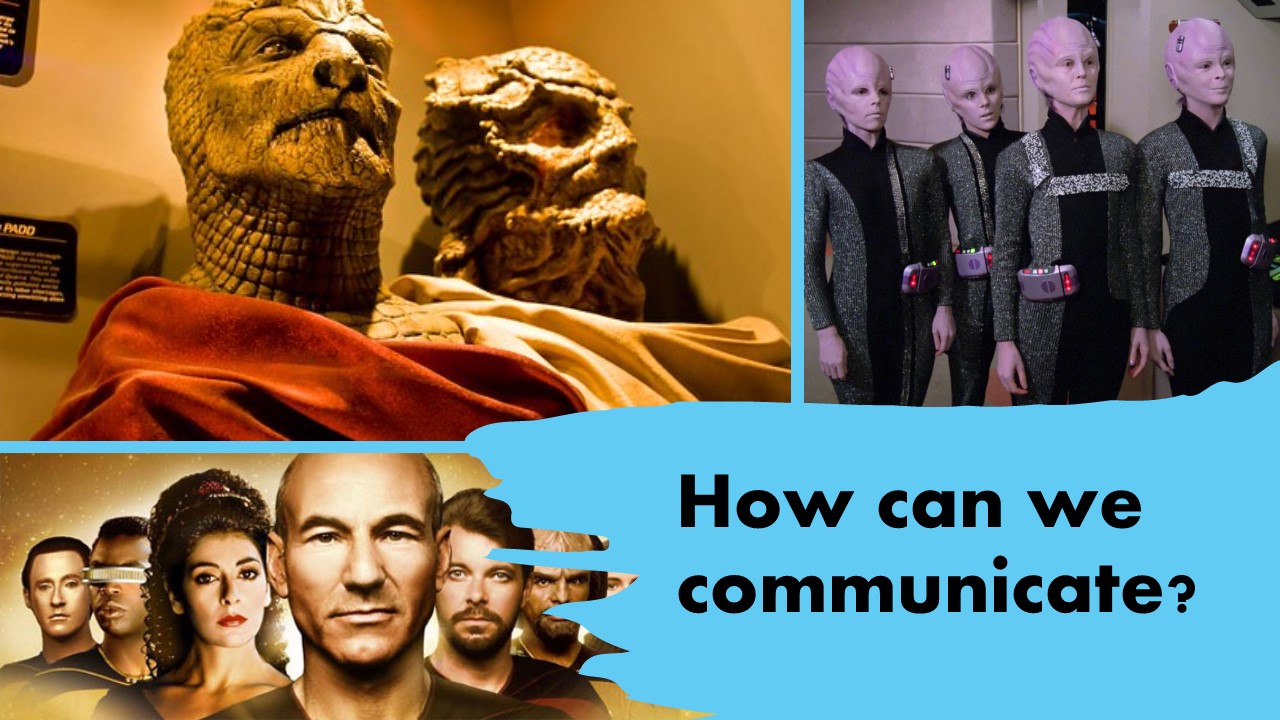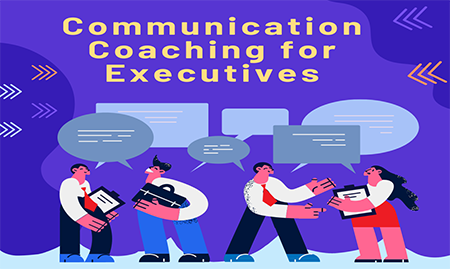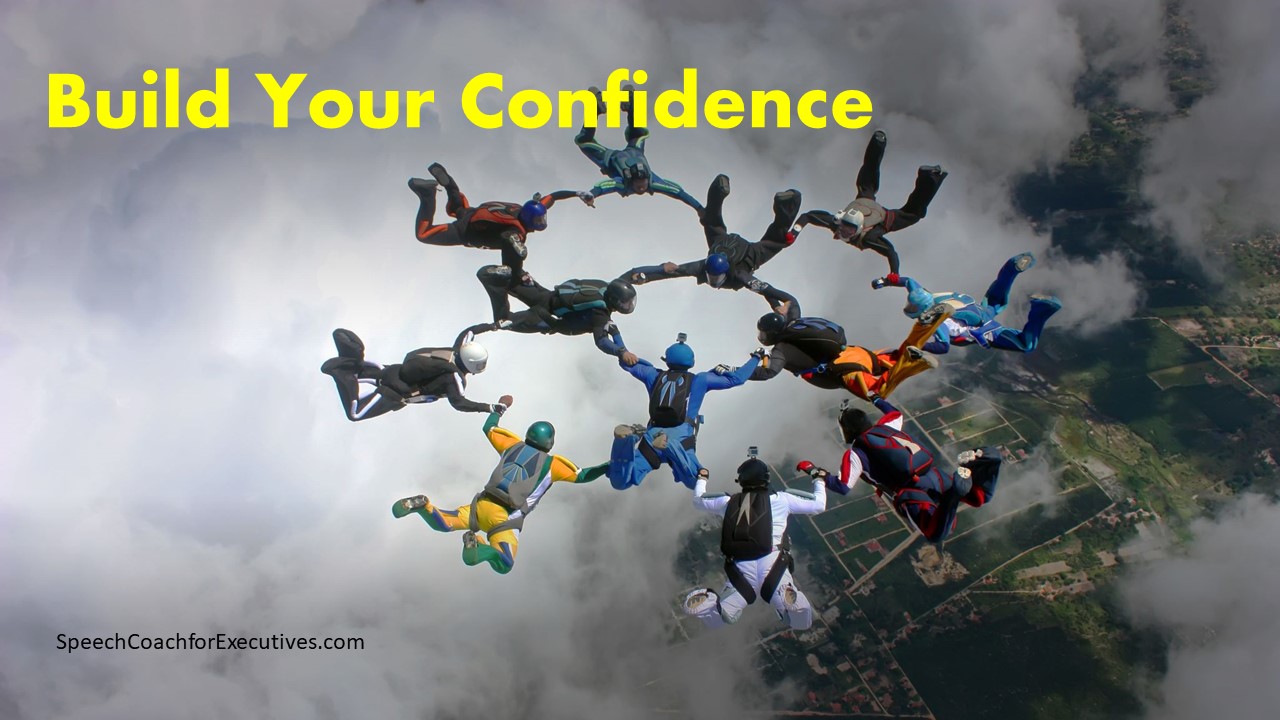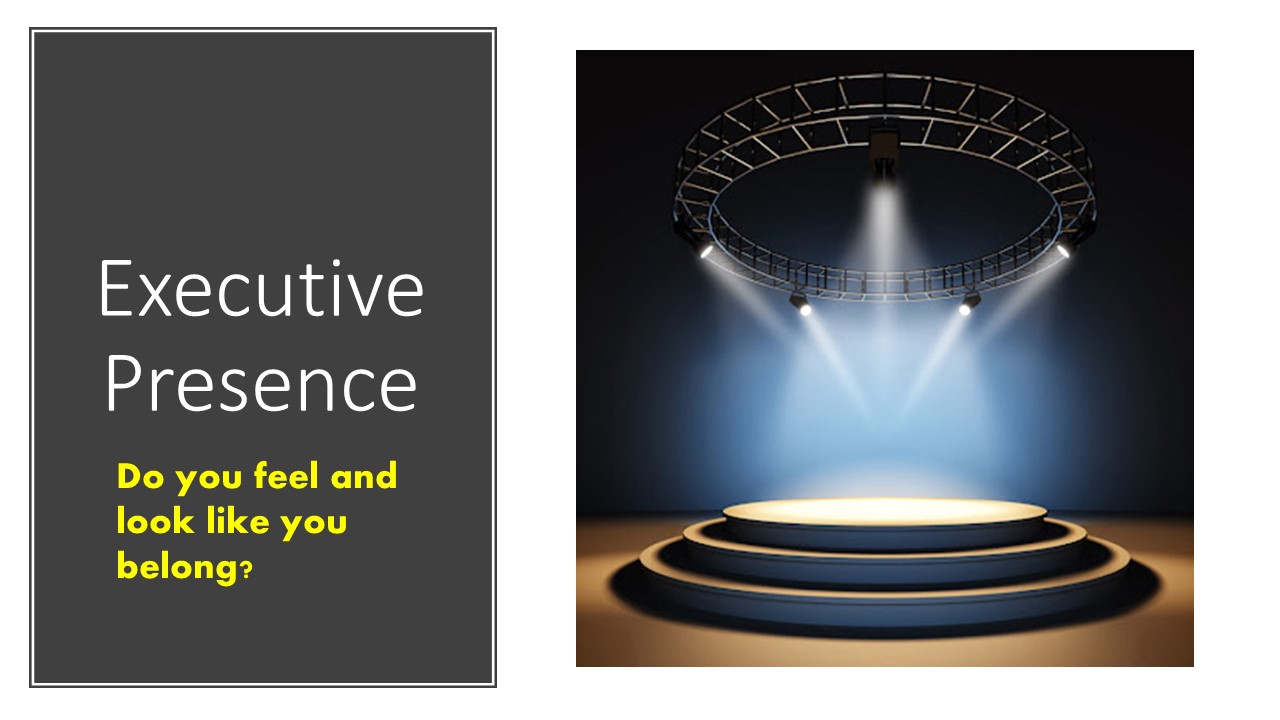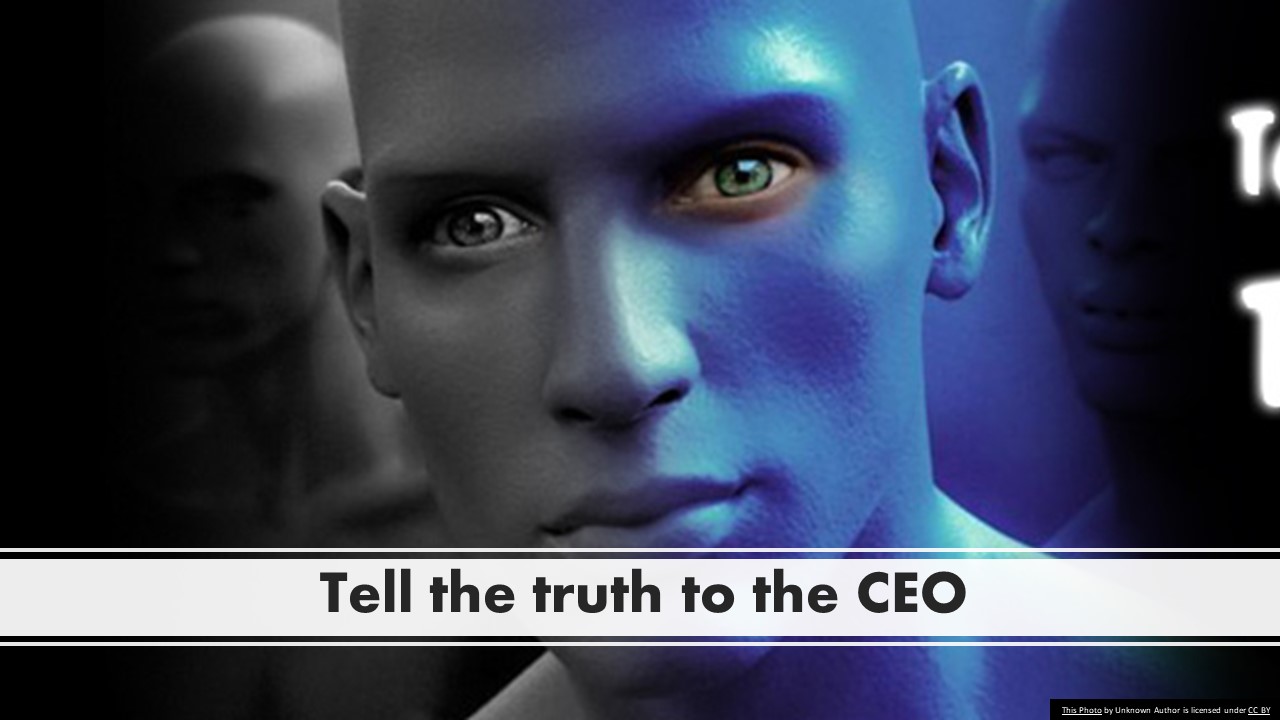How might you adapt your delivery to the format of the presentation? Let’s consider three presentation formats – in the room, virtual and hybrid. IN THE ROOM (LIVE) This is …
My Journey to Become a Confident Communicator and Powerful Presenter
I was a shy and introverted student who learned to become more confident and more effective as a communicator and speaker. I’m still an introvert. That means that I can participate in public engagement and then I need alone time to recharge. You can be an introvert and still be a confident speaker.
Mastering the Art of Leadership: Executive Communication Coaching Uncovered
Why Exceptional Communication Skills Matter for Leaders In the competitive landscape of the business world, exceptional communication is essential for executives to drive their teams and organizations forward. A leader’s …
How to Build Your Self-Confidence
Self-confidence is the currency of success. It can be a elusive coin. Yet it is critical to life and success.
It can determine the difference between success and failure, happiness and misery, and even life and death. It’s not something that comes naturally, yet it’s a skill that can be learned and improved upon with practice. In this article, we will discuss some practical tips and techniques that can help you build self-confidence.
Executive Presence: Be Fully Present and Look like you Belong
Executive presence is a set of qualities that leaders display in their behavior, demeanor, communication, and appearance. It refers to the way they carry themselves, exude confidence, and project their authority and leadership skills. It is a critical attribute for anyone aspiring to advance to leadership positions in their organization or industry.
How Can Emerging Leaders Deal with Imposter Syndrome?
Imposter syndrome is a psychological pattern in which a person doubts their accomplishments, skills, or abilities and has an internalized fear of being exposed as a fraud or impostor. People with imposter syndrome often feel like they don’t belong or that they have achieved their success due to luck rather than their own abilities.
Who Will Tell the CEO that the Presentation was Lousy?
Everyone makes mistakes when speaking. The problem arrives when the CEO or business leader makes consistent and persistent mistakes while speaking.
How might you as CEO or team leader make less speaking mistakes? Learn from the mistakes of others. Review this compilation of CEO and leadership presentation mistakes that you can avoid. Study this post and learn from the mistakes of others so you don’t repeat them. Does that make sense?
One of the problems is that no one will tell the CEO about their lousy presentation skills. If you are the team leader or CEO and want honest feedback to improve your presentation skills, contact me for honest and constructive feedback.

